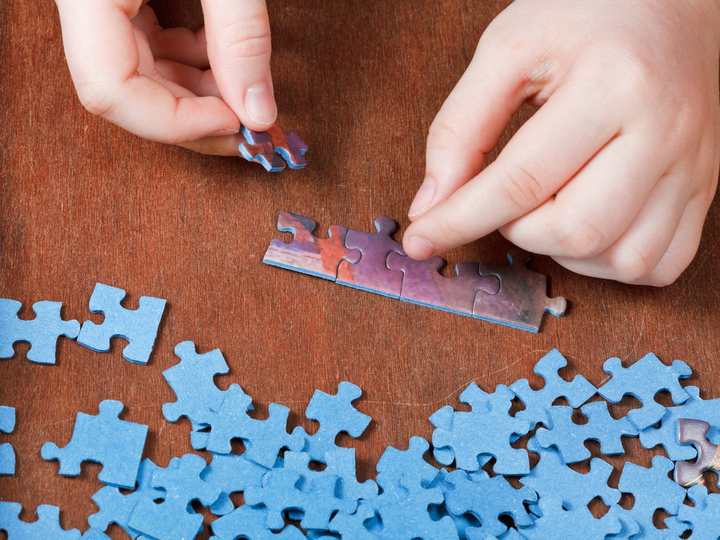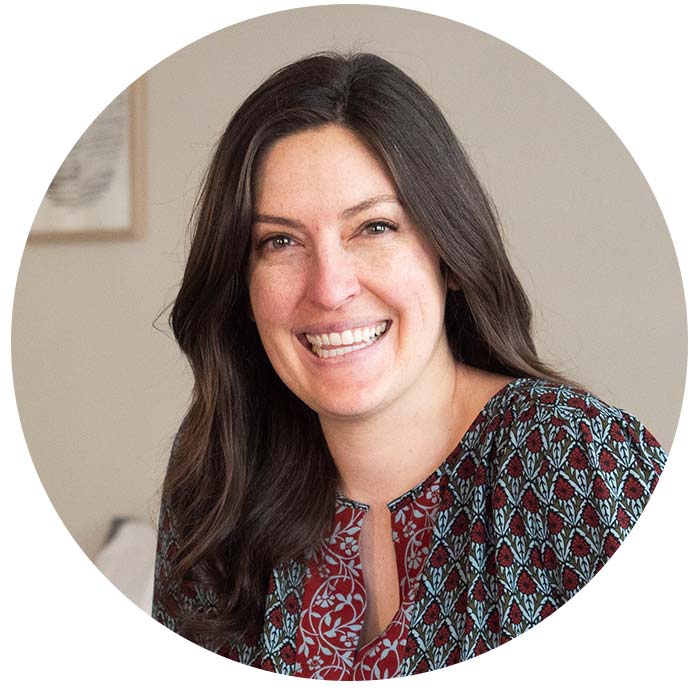New couples are often advised not to go to bed angry, but for those struggling to solve a problem, researchers from Northwestern University say going to bed – angry or otherwise – may actually help to solve the problem at hand.
While the concept of “sleeping on” an unsolved problem may have shown itself to be successful anecdotally, little scientific research has focused on the subject until now.
Building upon already existing information about memory consolidation and sleep, a team of researchers at Northwestern’s Department of Psychology devised an experiment that would see if the chances of solving a problem could be boosted by manipulating specific cognitive processes while we sleep.
The Experiment
“We know that people rehearse or ‘consolidate’ memories during sleep, strengthening and reorganizing them,” Kristin Sanders, first study author and a doctoral student in psychology at Northwestern said in a release. “It’s also known that this natural process can be boosted by playing sounds associated with the information being rehearsed.”
Sanders and her team theorized that using sound to “reactivate” unsolved problems during sleep may be the information processing boost needed to solve them entirely.
The experiment was conducted in the evening, and 57 participants were each asked to solve a puzzle, which was also associated with a specific sound. While participants were sleeping, researchers then played half of the corresponding sounds of the puzzles that had not been solved.

“We played sounds clips (usually short ‘music’ clips) while people attempted the puzzle before sleep. They learned the association with the puzzle,” Mark Beeman, senior study author, and professor at Northwestern University told Mattress Clarity via email. “Then at night, for half the puzzles they’d failed to solve, we’d play the music/sound clips again. They were atypical music sounds, so they wouldn’t hear them in everyday life.”
The morning following the experiment, participants were able to solve 31.7% of cued puzzles, a higher rate of completion compared to participants were who able to solve 20.5% of uncued puzzles.
Northwestern says the research is “the first demonstration of actually improving problem-solving by targeting memories for unsolved problems for extra processing during sleep. It strengthens the literature suggesting sleep reorganizes memory and suggests that problem-solving may benefit from sleep due to rehearsal and consolidation of problem memory.”
RELATED: New Research Suggests Simply Resting After Learning Something New Could Improve Memories
Solving Our Own Problems
The positive outcome of this study may have some wondering, is it possible to manipulate our own memories to help us solve problems overnight?
“They could get some success – but they’d have to be at the right stage of solving,” Beeman told Mattress Clarity. “Our experimental puzzles work because all the info[rmation] needed to solve is either in the puzzle itself or is (mostly) common background knowledge.”
Researchers were quick to point out that puzzle-solving works for the experiment because participants had all the information needed to solve it before falling asleep. In real life, Beeman says we don’t often know whether we’re able to solve a problem or not. In some cases, we lack some information but in others, he says, the problem goes unsolved because we have the right information but aren’t bringing the necessary connections, or structure to mind in order to solve them.
For some people, sleeping on a problem may be just what they need to tackle a problem. It’s worth a try, right?
The study was published in the journal Psychological Science in October.
Featured image: G-Stock Studio/Shutterstock

